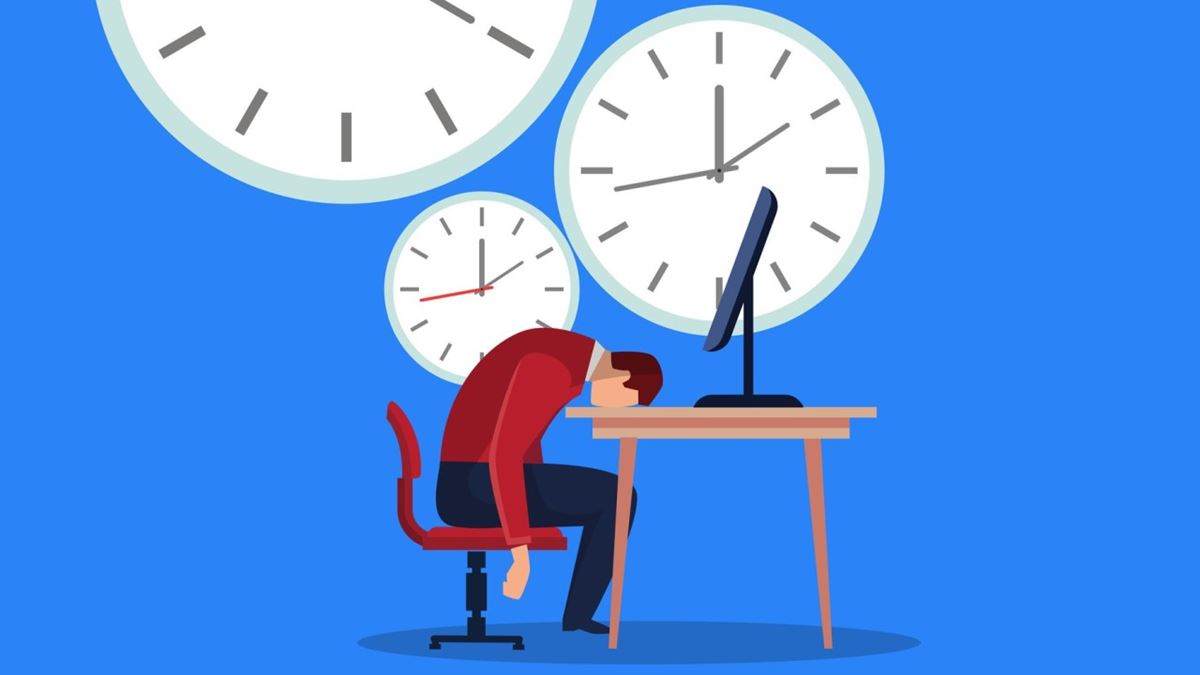Former Google CEO Eric Schmidt has stated that to compete with China in the race for Artificial Intelligence, American tech companies will also have to prepare to ‘work 70 hours a week’. He jokingly remarked, ‘If you want work-life balance, get a government job; hard work is essential in the tech industry.’ While Schmidt’s comment may have been made in jest, the reality is that tech companies, once known for their comfortable perks and flexible schedules, are now openly imposing long working hours.
Demand for ‘996 Culture’ in American Job Advertisements
In America’s Silicon Valley, many job advertisements explicitly state, ‘Must be willing to work more than 70 hours a week.’ China’s ‘996 culture’ (9 AM to 9 PM, 6 days a week) is now becoming an ‘inspiration’ for American companies, and its echoes are being heard in India. The only difference is that India still prioritises employee welfare in this race for competition.
The ‘996 Culture’ – A Model Imported from China
China’s ‘996 culture’ (working from 9 AM to 9 PM, 6 days a week) is becoming an inspiration for American companies as well. Competition is fierce, and billions of dollars are at stake in AI investments. This is why companies, from startups to giants, expect employees to set aside their personal lives and work continuously. This has been termed the ‘hustle culture,’ which believes that ‘extreme exhaustion’ is the medal of work.
Echoes in India and the Old Debate
In 2023, Infosys co-founder N.R. Narayana Murthy appealed to the youth to work 70 hours a week to advance India. In January 2025, L&T Chairman S.N. Subrahmanyan supported employees working on Sundays and working 90 hours a week. This raised the question: is this patriotism or modern slavery? However, according to reports, companies in tech hubs like Bengaluru, Hyderabad, and Gurugram are now working long hours.
Questioning the Two-Day Weekend in Government Jobs
As far as government work in the country is concerned, there is a two-day weekend. Some believe this reduces productivity, leading to an accumulation of pending work and delays in government services, causing inconvenience to the public. On the other hand, its proponents argue that continuous work exhausts employees. Two days off maintain morale, and work-life balance boosts productivity.




















